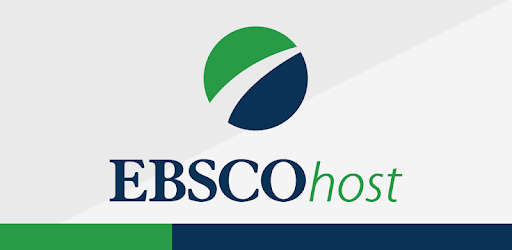Islam in the Japanese Media: Between Prejudices and Promises
Keywords:
{}Abstract
In terms of resources newspaper circulation and readership, television viewership and radio networks and audience, the Japanese media is supposed to be one of the world's most powerful establishments and yet paradoxically due to both its structural as well as political constraints its role especially in handling foreign news has been reduced virtually to a 'gate-keeping' function, The representation of Islam in the Japanese media has to be viewed and understood within this context This paper is an exploratory attempt to examine the representation of Islam in the Japanese media. It argues that it is not possible to understand the treatment of Islam in the Japanese media without understanding how the media is organized and its role in Japanese society. The paper also argues that as the representation of Islam in the media has also been partly a function of the history of Islam in Japan it is really not possible to understand the factors that have influenced the portrayal of Islam in the Japanese media without a good knowledge of how Islam itself has evolved in Japan and its place in the history of the Japanese nation, Finally, the paper will also show that while the extensive negative media coverage of Islam following the 2001 September 11 incident has reinforced the prevailing prejudices towards Islam, it has also at the same time, albeit unintentionally, created an unprecedented level of public awareness, if not interest, about Islam among the Japanese public.
References
Additional Files
Published
05-01-2020
Issue
Section
Articles
How to Cite
Islam in the Japanese Media: Between Prejudices and Promises. (2020). Journal of International Studies, 4, 1-17. https://e-journal.uum.edu.my/index.php/jis/article/view/7877














